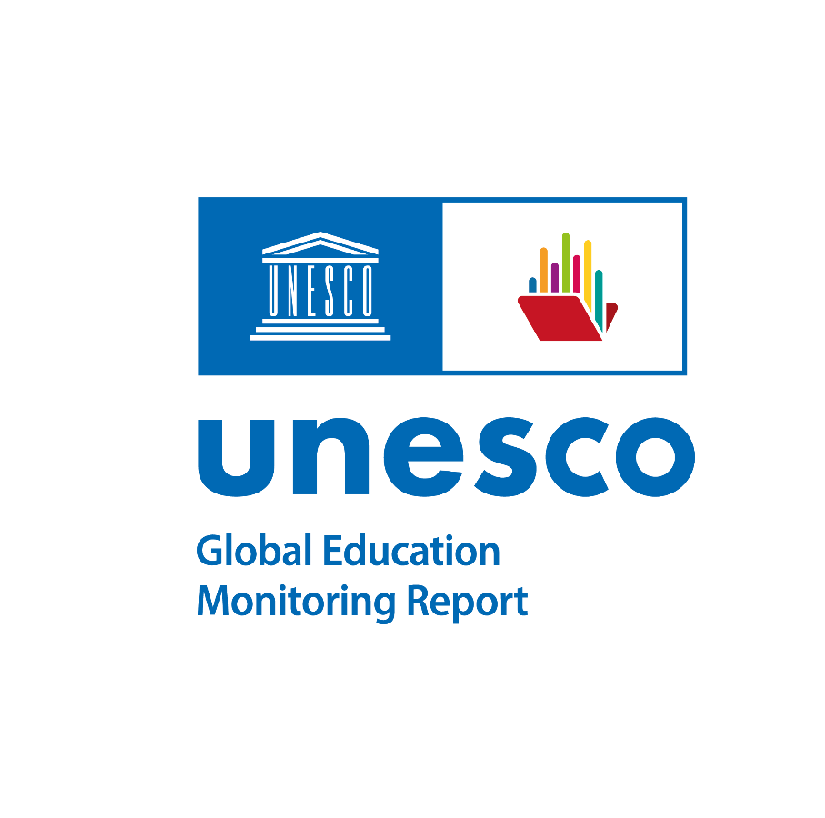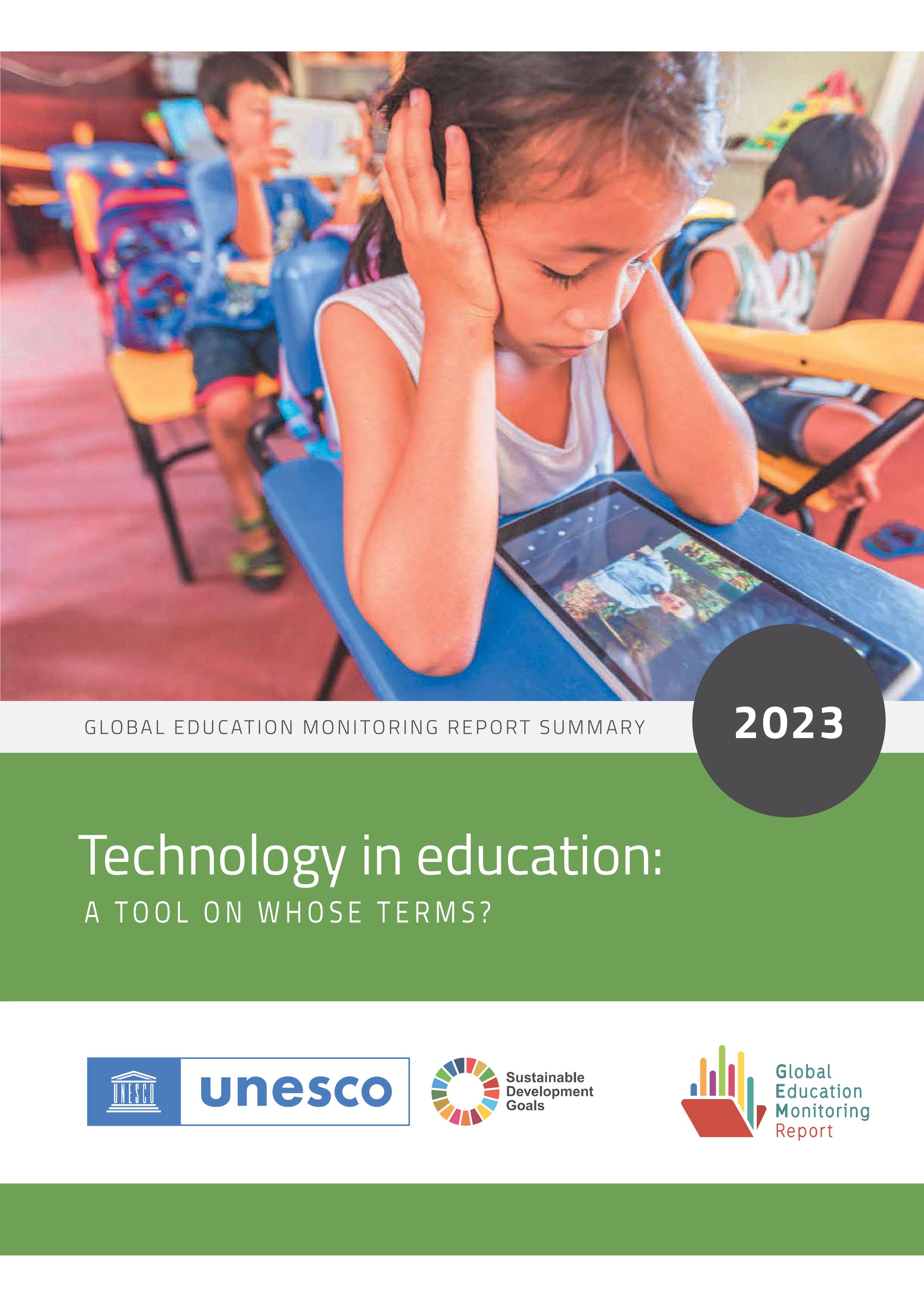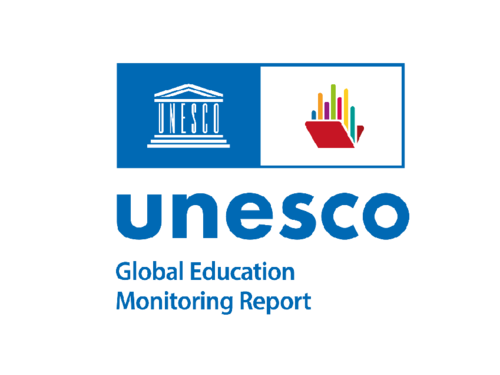Global Education Monitoring Report 2023: Technology in Education: A tool on whose terms? UNESCO Global Education Monitoring Report highlights lack of proper governance and regulation.
The recent UNESCO Global Education Monitoring Report on "Technology in Education" highlights the lack of proper governance and regulation. Countries are urged to set their own conditions for the design and use of technology in education so that it never replaces face-to-face, teacher-led instruction and supports the common goal of quality education for all.
“The digital revolution holds immeasurable potential but, just as warnings have been voiced for how it should be regulated in society, similar attention must be paid to the way it is used in education. Its use must be for enhanced learning experiences and for the well-being of students and teachers, not to their detriment. Keep the needs of the learner first and support teachers. Online connections are no substitute for human interaction.“ Audrey Azoulay, UNESCO Director-General
The UNESCO World Education Report poses four questions that policy makers and education stakeholders should reflect on when using technology in education:
Is it appropriate?
The use of technology can enhance some types of learning in certain contexts. The report cites evidence that the benefits of learning disappear when technology is used in excess or in the absence of qualified teaching staff. For example, distributing computers to students does not improve learning if teachers are not involved in the pedagogical experience. Smartphones in schools have also been shown to be a distraction to learning.
Inequality between students increases when instruction is exclusively remote and online content is not always contextually appropriate. A study of open educational resources (OER) collections found that nearly 90% of online repositories in higher education were created in either Europe or North America; 92% of materials in the global Open Educational Resources Commons library are in English.
Is it equitable?
During the COVID-19 pandemic, the rapid shift to online learning excluded at least half a billion students worldwide, affecting mostly the poorest and those in rural areas. The report highlights that the right to education is increasingly synonymous with the right to meaningful connectivity, despite the fact that one in four primary schools has no electricity. The report calls on all countries to set benchmarks for connecting schools to the internet by 2030, focusing on the most marginalized populations.
Is it scalable?
There is a lack of sound, rigorous, unbiased and scientific research evidence on the added value of technology in learning, although it is needed more than ever. If the evidence comes only from the technology companies themselves, there is a risk of bias.
Many countries ignore the long-term costs of technology purchases, and the edtech market is expanding, while basic educational needs remain unmet. The cost of transitioning to basic digital education in low-income countries and connecting all schools to the internet would increase the current funding gap for achieving SDG 4 by 50%.
Is it sustainable?
Rapid technological change poses a major adaptation challenge for education systems. Digital literacy and critical thinking are becoming increasingly important, especially with the growth of generative AI. Data shows that this adaptation movement has already begun: 54% of countries surveyed have defined the skills they want to develop for the future – but only 11 out of 51 governments surveyed have curricula for AI.
In addition to these skills, basic education should not be ignored, as it is also crucial for digital application. Furthermore, standards for the development of ICT skills also need to be developed in teacher education and training.
Sustainability also requires a better guarantee of the rights of technology users. Today, only 16% of countries guarantee data protection in education by law. One analysis found that 89% of 163 educational technology products could monitor children. Moreover, 39 out of 42 governments that provided online education services during the pandemic promoted use that "endangered or violated" children's rights.
Background
The Global Education Monitoring Report was launched in 2002 and is an editorially independent report overseen and published by UNESCO. At the 2015 World Education Forum, it was mandated by 160 governments to monitor and report on progress in education under the Sustainable Development Goals (SDGs), particularly in relation to SDG 4 and the implementation of national and international strategies to hold all relevant partners accountable to their commitments.



![[Translate to EN:] [Translate to EN:]](/fileadmin/_processed_/9/6/csm_education_2030_logo-page-001_7a6aecad7b.jpg)




![[Translate to EN:] Publikationen zu Bildung 2030](/fileadmin/_processed_/8/a/csm_Publikationen3_af52a7496d.jpg)